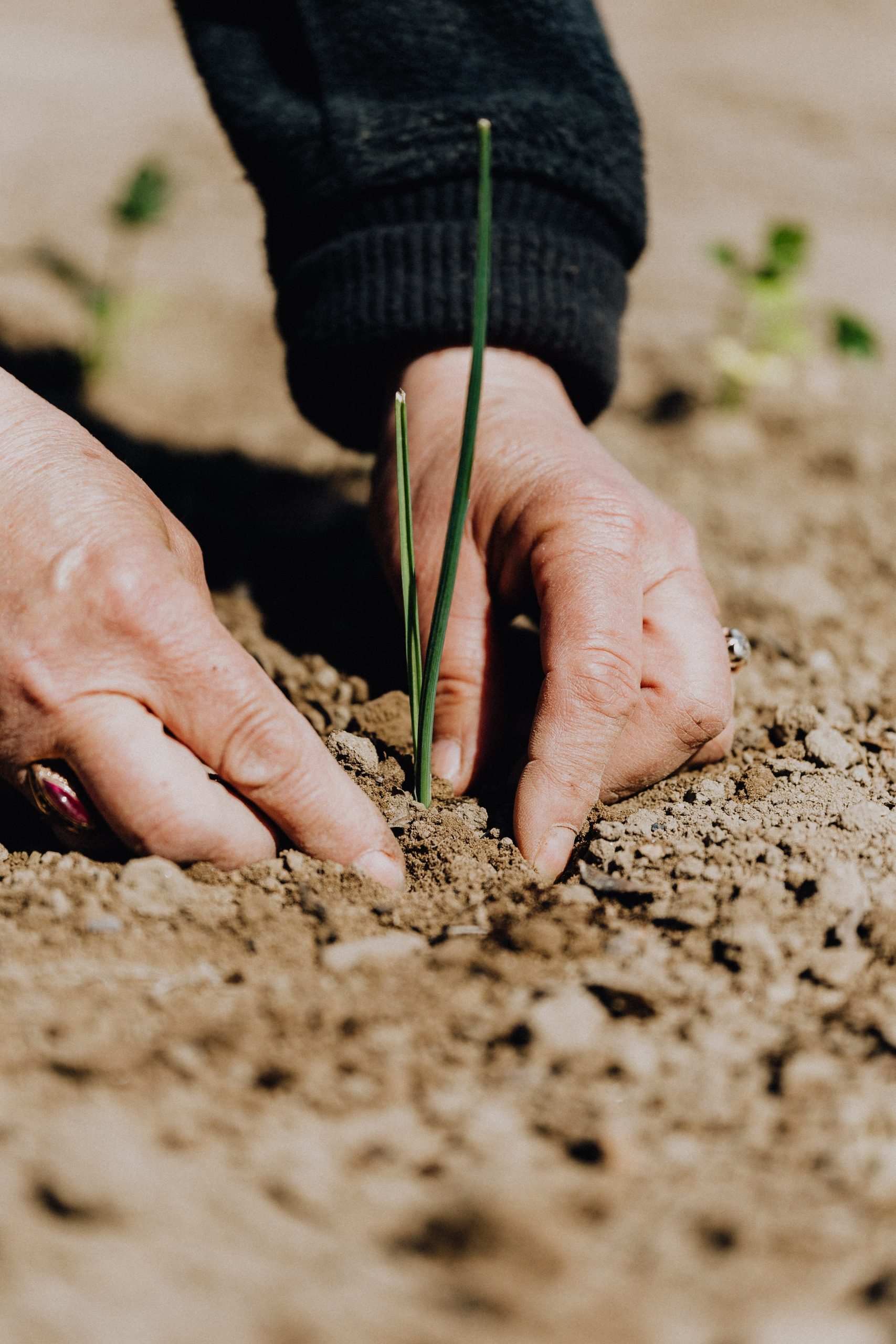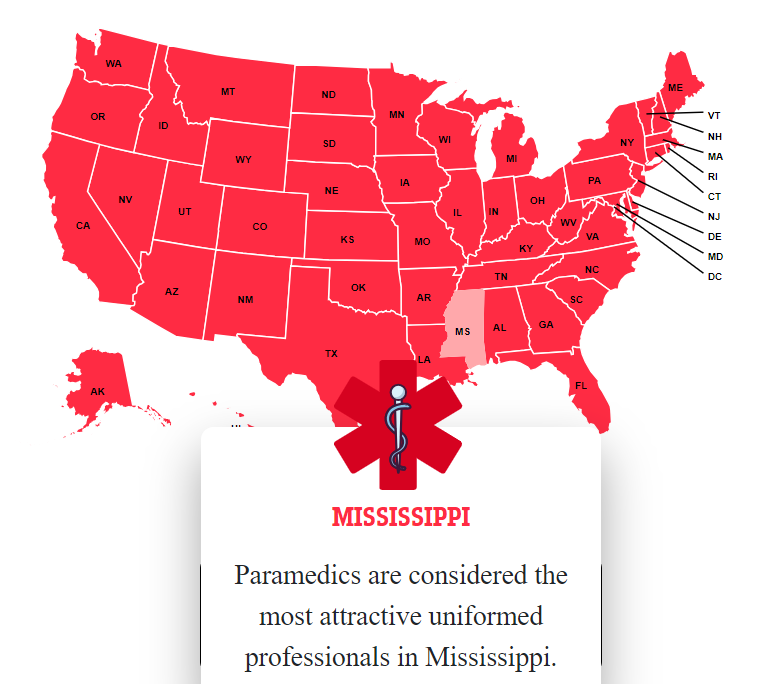STONEVILLE, Miss. — Helping growers make time- and money-saving irrigation decisions is part of the mission for faculty and staff at the National Center for Alluvial Aquifer Research, and with July serving as Smart Irrigation Month, NCAAR has a variety of tools to help growers irrigate more efficiently.
July’s Smart Irrigation Month is an awareness initiative created by The Irrigation Association to promote the social, economic and environmental benefits of efficient irrigation technologies, products and services in landscape, turf, and agricultural irrigation.
NCAAR researchers have developed and studied furrow-irrigation tools aimed at providing those benefits. Tools that have proven effective at reducing water use and increasing or maintaining yields and profits include soil moisture sensors, which measure the amount of moisture in the soil; computerized hole selections (CHS), which are used for lay-flat irrigation pipes and for reducing water runoff; and surge irrigation.
Mississippi has the second highest soil moisture sensor adoption rate in the United States, so MSU Extension Service officials’ focus on removing adoption barriers through grower education and training has paid off. “That’s been an important component because soil moisture sensors don’t save any water if they aren’t used correctly,” said NCAAR Coordinator Drew Gholson said.
Soil moisture sensors help with scheduling decisions so growers know when to apply irrigation, while computerized hole selection makes applications more uniform. “Growers can reduce water use by 25 percent just by having the correct hole size,” said Gholson, an MSU Extension Irrigation Specialist.
Flowmeters are another tool for irrigation management, and MSU Extension has trained agents in each county to help growers collect accurate flows needed for CHS.
While MSU irrigation specialists look to improve existing tools and encourage their adoption by Mississippi growers, they also work to develop new, cutting-edge tools to enhance irrigation efficiency. “We are always looking for more accurate and more user-friendly soil moisture sensors that will help growers’ decisions,” Gholson said.
Scientists at NCAAR cover multiple disciplines to address groundwater depletion and conservation, and current projects under way include the following studies: evaluating subsurface lateral movement of irrigation water in cracking clay soils, using alternate water supply sources and how they effect groundwater supply, irrigation automation and much more. Visit the NCAAR website at www.ncaar.msstate.edu to learn more about the resources and tools available to growers in Mississippi.
The mission of NCAAR is to conduct research and provide information for issues surrounding water use for agriculture and natural resources in the Lower Mississippi Basin.





















